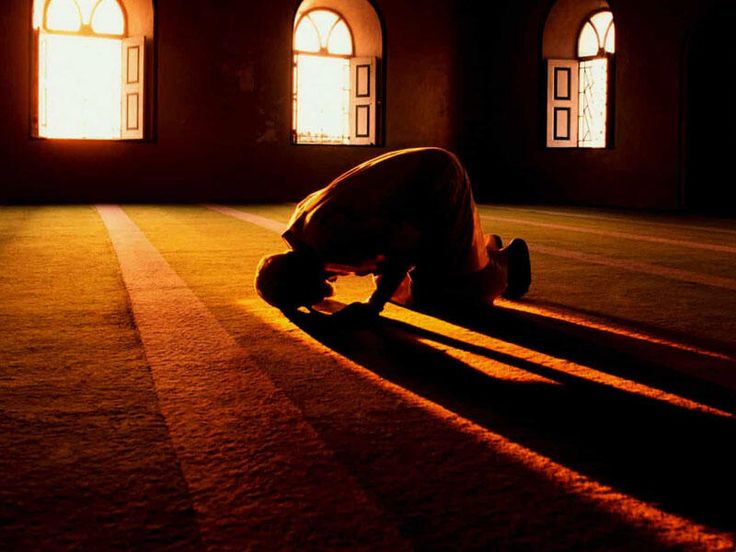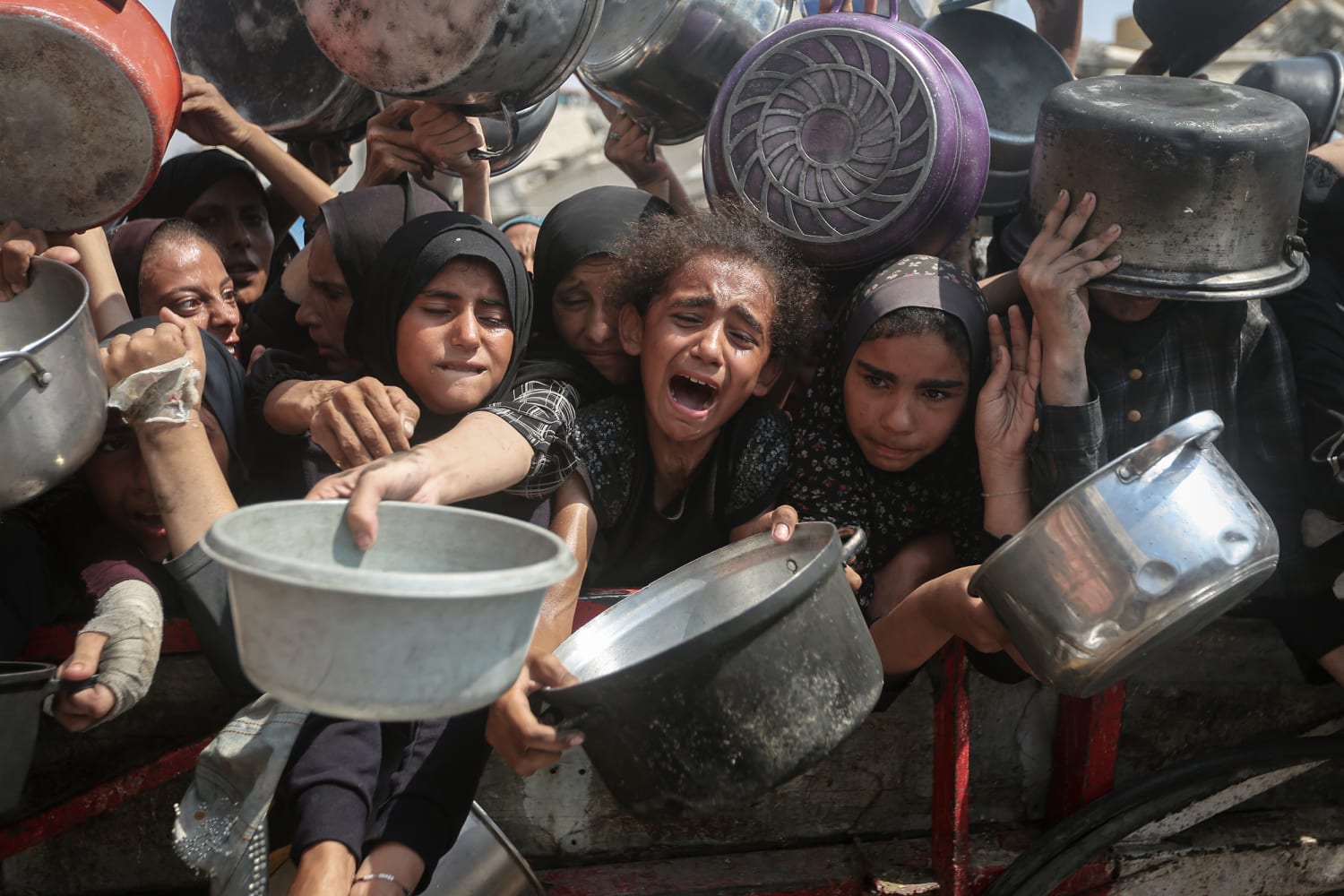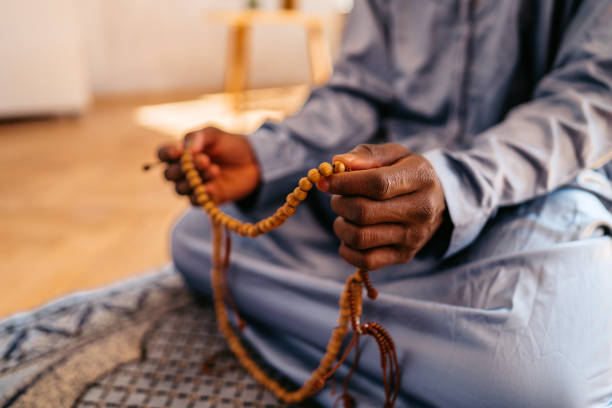By: Dr. Huseyn Zakaria
A Comparative Analysis According to the Four Sunni Schools of Law and the Scholars of Madinah
Introduction:
In Islam, the greatest act after Tawḥīd (affirming the Oneness of Allah) is prayer (ṣalāh) and performing it at its appointed time. It stands as the most significant pillar of the religion and the most emphasized of all obligations after the testimony of faith (shahādatain). Prayer forms the living link between the servant and the Creator, a daily dialogue that nurtures sincerity, humility, mindfulness, and obedience.
Yet, within the realities of human life, moments arise when performing the prayer as prescribed becomes not only difficult but sometimes impossible. In such moments, the divine law, in its mercy and perfection, allows for certain exceptions and exemptions, lifting, reducing or modifying the obligation according to circumstance.
It is these circumstances, their causes, boundaries, and juristic rulings, that this humble study seeks to examine. The main objective is to provide a clear, educational, well supported and spiritually enlightening resource for all caring Muslims worldwide, illustrating how Islam combines uncompromising devotion with deep compassion.
Prayer, being the core of the believer’s spiritual identity, deserves to be understood not only through its command but also through its exemptions. These exceptions do not diminish its sanctity but reveal the balance of Shari‘ah that Allah never burdens a soul beyond its capacity.
Accordingly, this research aims to explore in both depth and clarity, the circumstances under which the obligation of the five daily prayers ceases, based on the views of the four major Sunni schools of law, supported by textual evidences, and culminating with the preferred view of the scholar of Madinah; The Prophet ﷺ, said, “People will soon travel far and wide in search of knowledge, and they will find no one more knowledgeable than the scholar of Medina.”
The Foundation of Obligation:
The general rule in Islamic law is that prayer is never waived from a sane, mature, healthy or sick conscious Muslim. This principle is grounded in the Qur’anic command: “Indeed, prayer has been enjoined upon the believers at prescribed times.” (Surah al-Nisā’, 4:103)
And in the Prophet’s ﷺ statement:
“The covenant that distinguishes between us and them is the prayer; whoever abandons it has disbelieved.”
(Narrated by Ahmad, Abu Dawud, and al Tirmidhi)
This universality establishes that ṣalāh is obligatory upon every conscious, rational, adult Muslim, male or female regardless of condition or social status.
However, when incapacity or certain legal excuses occur, Islamic jurisprudence identifies specific cases where the obligation is lifted, either wholly, partially or temporarily. Let us start from the beginning:
I. The Hanafi School (al-Madhhab al-Ḥanafī):
According to the Hanafi jurists, the obligation of prayer remains binding upon every sane and coherent adult as and when prescribed, unless the intellect ceases or physical ability is completely lost, Al-Kāsānī in Badā’iʿ al-Ṣanā’iʿ and al-Marghīnānī in al-Hidāyah mention the following as circumstances that remove the obligation in the following manner:
1. Permanent insanity (junūn dā’im): No prayer is due while insanity persists, for legal accountability (taklīf) requires reason.
2. Temporary insanity, coma, or intoxication (ighmāʾ or sukr): If one regains consciousness within prayer time, he must make it up (qaḍā’); if not, the duty is waived.
3. Fainting or coma lasting through the entire prayer time: No prayer is due, as awareness is the foundation of accountability was absent.
4. Menstruation or postnatal bleeding (ḥayḍ and nifās): Women are exempted from prayer and its make-up, in accordance with the consensus (ijmāʿ).
Their evidence includes the hadith:
“The pen has been lifted from three: from the insane until he regains sanity, from the sleeper until he awakes, and from the child until he reaches puberty.” (Abu Dawud 4403, Ahmad 6/101)
Hence, for the Hanafis, insanity and unconsciousness remove accountability, while menstruation temporarily exempts women without compensation or make up.
II. The Maliki School (al-Madhhab al-Mālikī)
The Malikis, as stated by Ibn Rushd in Bidāyat al-Mujtahid and al-Kharashi in Sharḥ al-Mukhtaṣar , agree that prayer does not drop from the bāligh al-ʿāqil (matured and sane), unless:
1. Consciousness is lost for the entire duration of the prayer time in such a case, no make-up is required.
2. If fainting or coma covers only part of the prayer time, the person must make up the missed prayer.
3. Insanity or senile dementia (junūn or kharaf) removes obligation until reason returns.
4. Menstruation or postnatal bleeding absolves women of both obligation and make-up.
They emphasize that mere illness or weakness does not excuse one from prayer, citing the Prophet’s ﷺ command:
“Pray standing; if you cannot, then sitting; and if you cannot, then on your side.” (al-Bukhārī 1117)
Thus, Imam Mālik and his school affirm that only loss of intellect or conditions beyond human control lift the obligation of prayer permanently or the case may be.
III. The Shafi‘i School (al-Madhhab al-Shāfi‘ī)
Imam al-Shāfi‘ī and his followers, as recorded in al-Umm and al-Nawawī’s al-Majmūʿ , maintain that ṣalāh remains obligatory on every Muslim who possesses reason and maturity no matter the extent of the condition. The obligation is suspended only by:
1. Loss of sanity, whether permanent or temporary.
2. Loss of consciousness for the entire duration of the prayer time, no make-up is required.
3. Menstruation or postnatal bleeding, which cancel both obligation and make-up within the occurring period only. So, the cessation is temporary.
The Shafi‘is particularly highlight the role of intention (niyyah), if one regains consciousness but cannot form intent due to mindset instability, no obligation of make-up applies.
IV. The Hanbali School (al-Madhhab al-Ḥanbalī)
According to Ibn Qudāmah in al-Mughnī, prayer remains obligatory upon all sane, mature, conscious Muslims. However, it is lifted from:
1. The insane, the unconscious, and menstruating or postpartum women.
2. The unconscious person must make up missed prayers only if unconsciousness was brief (less than a day and night). Their proofs include the hadith of “lifting the pen” and the juristic maxim that accountability (taklīf) is tied to reason and awareness.
V. The Scholar of Madinah
The scholar of Madinah, Imam Mālik supported by Ibn ʿAbd al-Barr, and al-Qarāfī consistently held that prayer never ceases for a bāligh ʿāqil except when reasoning is removed, or in the case of menstruation and postnatal bleeding. They based this on the Qur’anic injunction: “And establish prayer for My remembrance.” (Ṭā-Hā, 20:14)
Imam Mālik, the Scholar of Madinah, therefore, ruled that no physical illness, paralysis, or blindness excuses one from performing prayer as prescribed. The believer, in such circumstances must pray by gesture, by heart, or through intention if physically unable, for Allah judges His servants by their sincerity, not form. This position aligns with the hadith in Ṣaḥīḥ al-Bukhārī (1117) in which the Prophet ﷺ allowed graduated concessions (standing, sitting, reclining) but never permitted total abandonment of prayer.
In view of all mentioned views of our great scholars, the preferred and strongest View (al-Rājiḥ) is the one
upheld by the Madinan scholar and the majority of jurists (jumhūr). That view is:
Prayer ceases to be obligatory only when the intellect ceases to function, through insanity, total unconsciousness, or loss of awareness, total incoherence, and in cases of menstruation or postpartum bleeding for women.
However, all other states, sickness, injury, fear, travel, or immobility, lack or insufficient water, impurity after sexual encounter, do not cancel the duty but may modify its form. The believer prays to the extent of his ability, as Allah says:
“So fear Allah as much as you are able.” (al-Taghābun 64:16)
And the Prophet ﷺ commanded:
“Pray standing; if you cannot, then sitting; if you cannot, then lying on your side.” (al-Bukhārī 1117)
Hence, the duty of ṣalāh endures for every conscious believer as long as the heart is conscious of Allah.
Conclusion:
Prayer in Islam is not a mechanical act but the soul’s testimony of servitude. Yet, the Shari‘ah in its mercy, recognizes human limitations. Thus, while the five daily prayers remain binding upon every sane and conscious believer, Allah has mercifully lifted the duty from those deprived of intellect or incapacitated beyond control, permanently, while women who are in special state impurity, are exempted temporarily. This balance between duty and mercy is what makes Islam a living faith deeply spiritual, yet eminently humane. The study of such exceptions only deepens our appreciation for the divine harmony that underlies Islamic law: unwavering in principle, but compassionate in application.
Allah knows best!







Leave a Reply